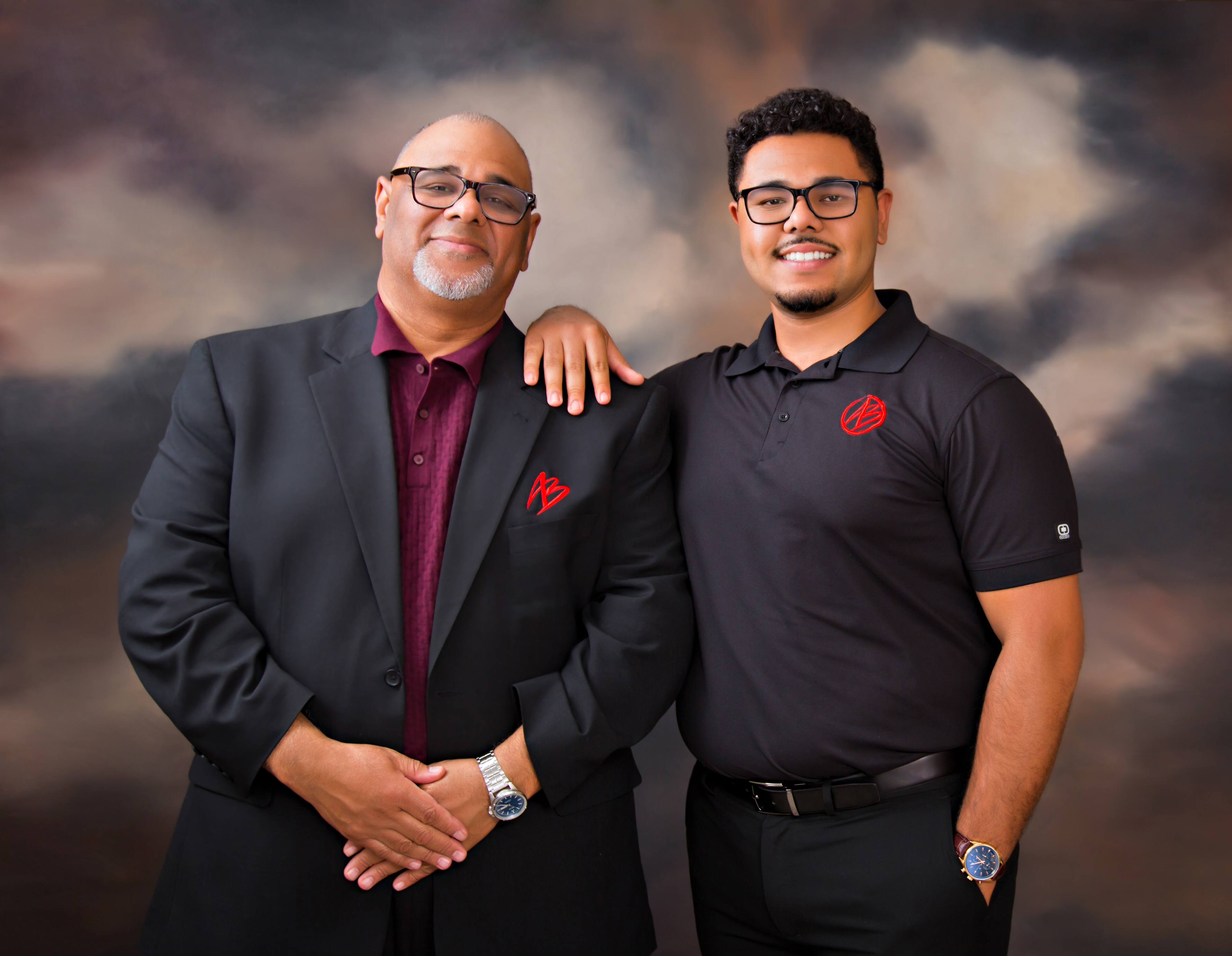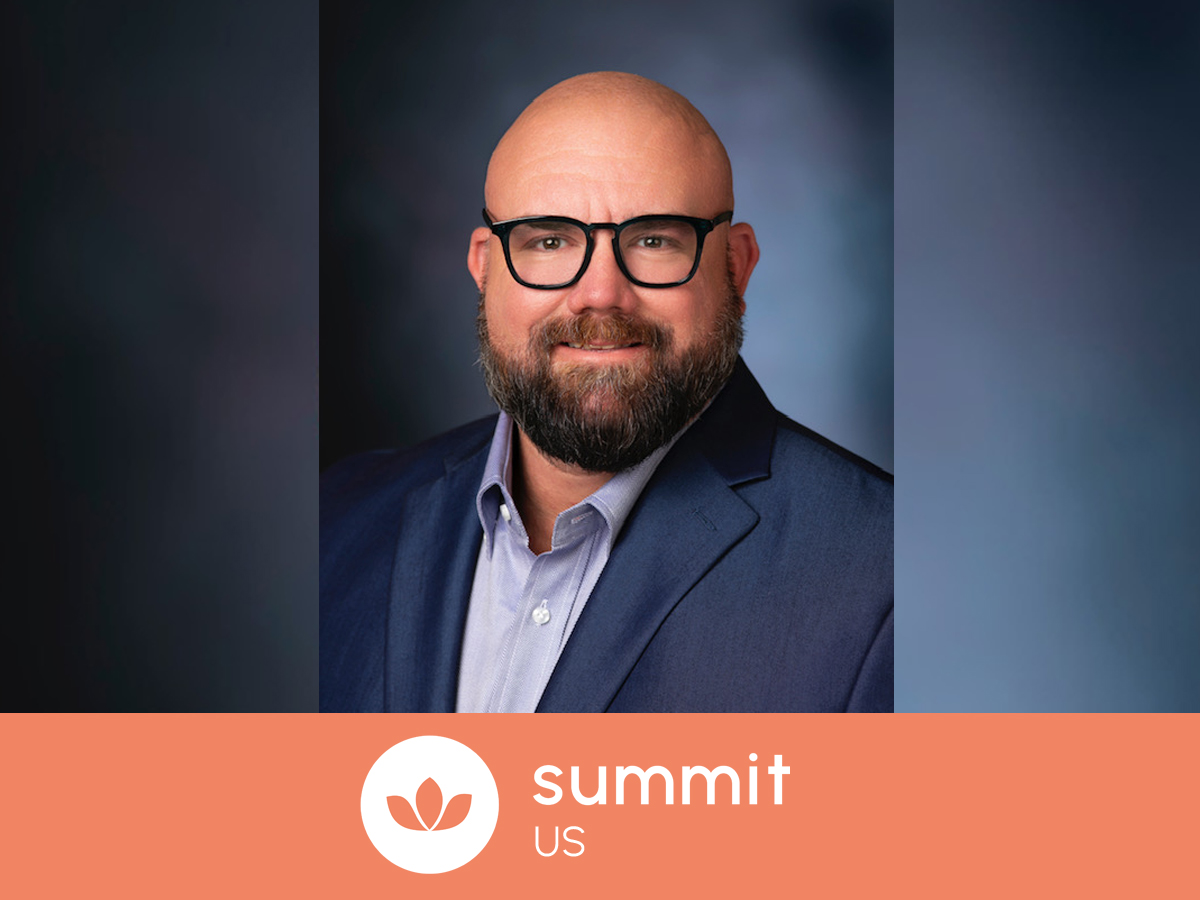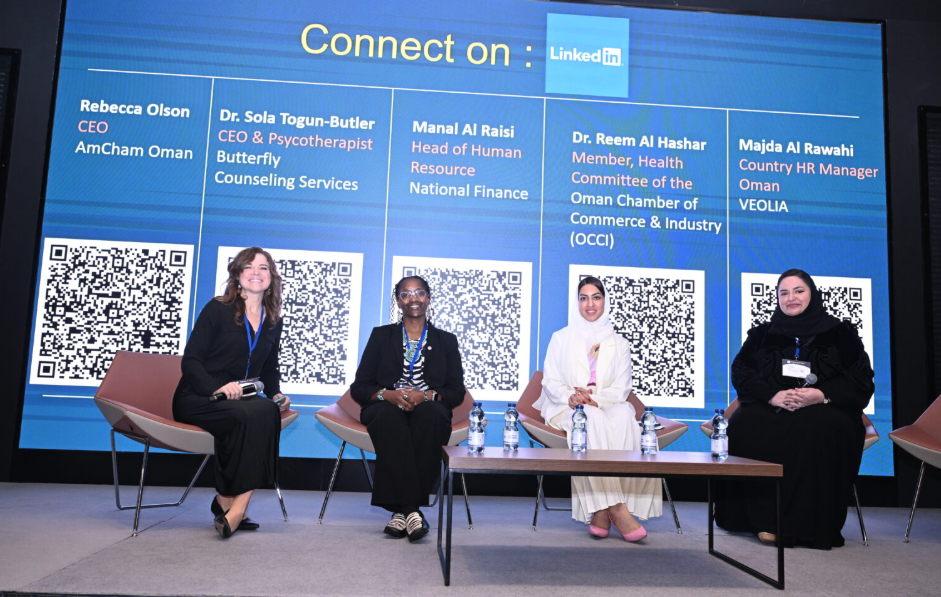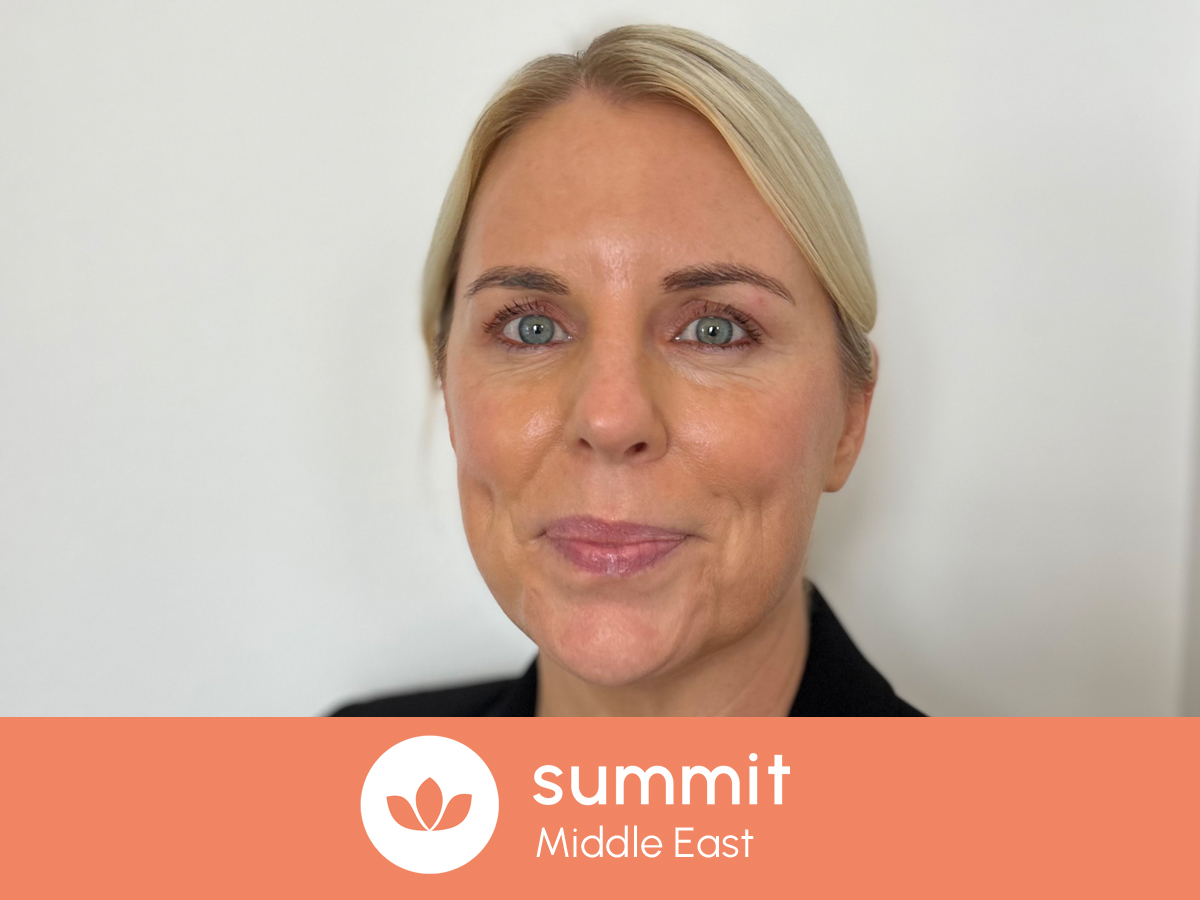
We are Avery and Brian Baker—a father and son duo with a shared passion for helping organizations cultivate positive relationships, both internally and externally. As business partners, we firmly believe that success in life and prosperity in business are rooted in how people manage their relationships.
In 2018, we founded The Avery and Brian Experience to serve as a guiding compass for families seeking to build healthy relationships. What began as a simple dinner conversation has since evolved into a powerful movement. We’ve delivered over 50 keynote presentations on The Power of Relationships at corporate conferences, facilitated workshops on multi-generational collaboration and workplace well-being, and authored Love Wins: 5 Keys to Strengthen Your Relationships – A Parent and Child Perspective.
Beyond the stage, our LinkedIn newsletter, Generation Z and Me, explores today’s workplace through the unique lens of multi-generational business partners navigating an increasingly complex professional landscape. We are glad to be discussing one of the most pressing challenges of our time – Wellbeing at Work.
We are delighted that Avery and Brian will be speaking in New York as part of our US summit. We caught up with them to see how they’re feeling in the runup to the event.
Hi Avery and Brian, we are thrilled that you will be speaking at the Wellbeing at Work US Summit in March. Our first and most important question is, how are you both doing today??
We’re doing well and are thrilled to be speaking at this year’s summit in NYC. We look forward to engaging with many of those in attendance.
For us, 2024 was a year of transition—one that set the stage for 2025 to be truly transformational. More than ever, organizations are prioritizing relationship-building, both internally and externally—and relationships are our forte. As a father-son, multi-generational business duo, we are uniquely positioned to help teams understand how strong relationships create stability and drive engagement, while also addressing the challenges that generational differences bring to the workplace.
At the same time, we’ve learned the importance of recognizing when to “pause”—to step back and prioritize our wellbeing. One key shift we’ve made is transitioning to a four-day workweek. The work we do requires a specific type of energy, and this change has been restorative for both of us.
As leaders based in the region, what are the main challenges you are facing when it comes to employee wellbeing and mental health?
As keynote presenters and workshop facilitators, we collaborate with teams and organizations to enhance social and emotional well-being and strengthen multi-generational workplace connections. A common challenge we observe across industries is employee burnout and disengagement, often leading to quiet quitting—especially among entry-level employees.
Many employees feel they are being asked to do more with fewer resources or that their voices go unheard, leaving them questioning their purpose beyond simply earning a paycheck.
To foster a more engaged and motivated workforce, leaders must create positive work environments and implement wellbeing initiatives that drive employee satisfaction and retention. At the same time, leaders also face challenges with their health and wellness so these initiatives are just as important for them.
What strategies have you seen developing over the past 6 months, both internally and externally, that are moving the dial on wellbeing in the workplace?
One of the most interesting strategies we’ve seen is companies investing in employees’ wellness funds to foster a destination workplace culture. In healthcare, for example, some hospitals are contributing upwards of $150 for part-time employees and twice as much for full-time staff. In the start-up space, some companies are introducing wellness bonuses during the holiday season. These financial incentives are making a tangible impact, driving workplace well-being and enhancing employee satisfaction.
Why is employee wellbeing so important to you personally?
Because it could be the difference between life and death for some people. The matriarch of our business–Avery’s mother/Brian’s wife–has worked in healthcare for over 25 years and watching her navigate the pandemic had both of us a bit stressed. We decided as a family to establish regular check-in Zoom calls every 3 or 4 days because of the realization that our mental health, as a collective, was strained.
Brian spent over 20 years leading teams of people in the corporate space and the pressure that came with the job took a toll on our relationship. Avery’s girlfriend is a new-grad nurse and already talks about the need for social and emotional well-being in her workplace environment.
We continue to encourage people to learn when to “pause” and create a safe space for themselves so their health can remain a priority.
What impact is AI having in your organization and how are you managing that?
AI is enhancing our company’s social media engagement and marketing efforts in valuable ways. However, our work is fundamentally about human connection and relationship building so to ensure we never lose the personal touch, we carefully manage AI by integrating our insights and guidance, shaping the messaging to reflect our authentic voice.
Other than AI, are there any challenges that you are seeing for the first time and how are you addressing them?
For the first time since the pandemic, uncertainty is emerging in certain sectors regarding investments in team development. Some of our clients who rely on federal funding are feeling apprehensive, while others recognize that strong relationship management, emotional intelligence, and self-aware ambassadors are essential to long-term success.
Our approach remains the same—we are problem solvers. We help organizations understand that by prioritizing personal and professional development and fostering a thriving, people-centered culture, they can create a destination workplace where employees stay engaged, motivated, and productive.
What areas do you think employers should be focused on over the next 12 months?
Over the next year, employers should prioritize community building and creating a stable, supportive workplace climate. Employees want to feel that their workplace contributes to their overall well-being, and one of the most effective ways to achieve this is by fostering meaningful professional relationships.
Strong workplace relationships are a key driver of employee satisfaction, which in turn reduces turnover and prevents disengagement—two of the biggest challenges organizations face today. Investing in a culture of connection not only enhances morale but also strengthens long-term retention and productivity.
Do you feel that investment in employee wellbeing in the region is increasing or decreasing and is that a direct reflection on HR leaders’ increasing ability to demonstrate effective returns of their strategies to leadership?
While we can’t speak to the specific investment trends in this region, we have seen a growing emphasis on employee wellbeing in recent years. The way employers choose to allocate resources moving forward will play a critical role in HR leaders’ ability to demonstrate the tangible impact of their strategies to leadership. A strong commitment to well-being not only enhances workplace culture but also drives measurable returns in engagement, retention, and overall performance.
How has your organization been leading the way?
We teach teams how to tackle what we call “Collaboration Chaos”—the inefficiencies and misalignment that plague workplaces across industries. Think about how often meetings are scheduled with a clear goal, only to get derailed by task overload instead of driving real solutions.
As facilitators, we engage teams at any level of the organization with a simple yet powerful approach:
- What’s moving you forward?
- What’s holding you back?
When we identify these key factors, we teach teams how streamline decision-making and execute goals more efficiently. Join us for our March 4th workshop to experience this process in action!
Avery and Brian will be speaking in New York at the Wellbeing at Work Summit US which takes place in New York, Austin Texas and virtually. Further details on the Summit can be found here.



